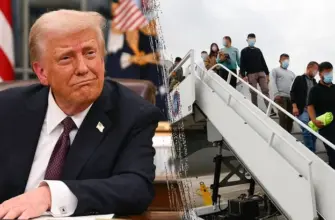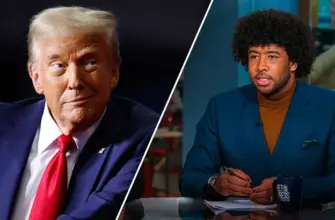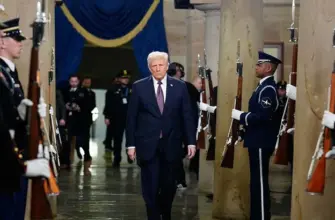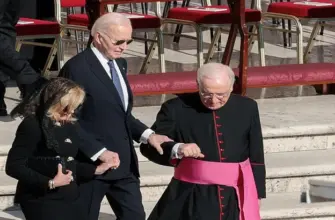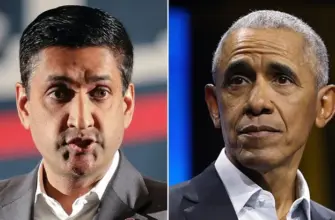The Senate has cleared a significant hurdle for Elbridge Colby’s appointment to a key position within the Department of Defense. On Monday, lawmakers voted 53-49 to invoke cloture on his nomination, effectively limiting debate and paving the way for a final confirmation vote as Undersecretary of Defense for Policy – a role often considered the Pentagon’s No. 3 spot.
Colby’s candidacy previously secured approval from the Senate Armed Services Committee last month, despite initial reservations voiced by some Republicans, including Senator Tom Cotton of Arkansas, during a private session.
A co-founder of the Marathon Initiative and formerly serving as Deputy Assistant Secretary of Defense for Strategy and Force Development under the Trump administration, Colby is widely recognized for his pivotal role in shaping the 2018 National Defense Strategy. This strategy marked a significant shift, prioritizing long-term military focus on competition with China.
He has consistently advocated for reducing U.S. military commitments in the Middle East to facilitate a greater concentration of resources in the Indo-Pacific region.
Support for Colby’s Nomination
- Colby’s nomination enjoys strong support from figures associated with the previous administration, which has added pressure on Republican senators who expressed initial concerns.
- Vice President J.D. Vance recently visited Capitol Hill to publicly endorse Colby, stating, “In so many ways, Bridge predicted what we would be talking about four years down the road, five years down the road, 10 years down the road. He saw around corners that very few other people were seeing around.”
- Vance further commented on Colby’s ability to challenge conventional thinking: “He’s also said things that I think both Democrats and Republicans would agree with.”
During his Senate hearing, Chair of the Armed Services Committee Roger Wicker questioned Colby regarding a previous statement suggesting that while defending Taiwan was important, the U.S. could “survive without it.” Wicker noted what appeared to be a softening in Colby’s stance.
Colby responded by clarifying that his concerns stemmed from a perceived decline in the U.S.’s military balance relative to China and emphasized the need for strategic focus.
“What I have been trying to shoot a signal flare over is that it is vital for us to focus and enable our own forces for an effective and reasonable defense of Taiwan and for the Taiwanese, as well as the Japanese, to do more,” he asserted.
When pressed by Senator Cotton, Colby affirmed that Iran’s potential acquisition of nuclear weapons represents an “existential” threat to the U.S., citing Iran’s development of intercontinental ballistic missile (ICBM) capabilities.
He pledged to provide the president with “credible good military options” should diplomatic efforts with Iran fail.
This perspective represented a shift from Colby’s earlier views, notably a statement made in 2012: “The only thing worse than the prospect of an Iran armed with nuclear weapons would be consequences of using force to try and stop them.”
Reflecting on his past statements, Colby acknowledged potential shortcomings in his phrasing. “A lot of what I was arguing against at the time… a lot of the opponents I felt had a casual or even flippant attitude towards the employment of military force. That’s a lot of what I was arguing against. Was my wording always appropriate? No.”



